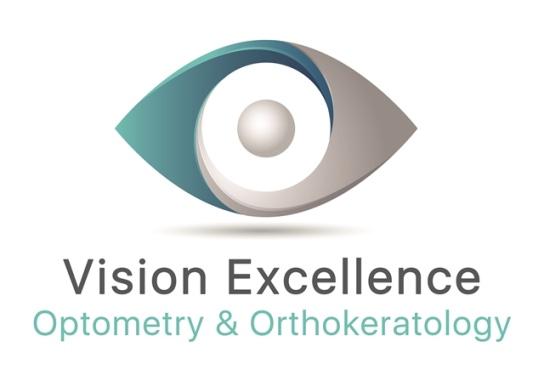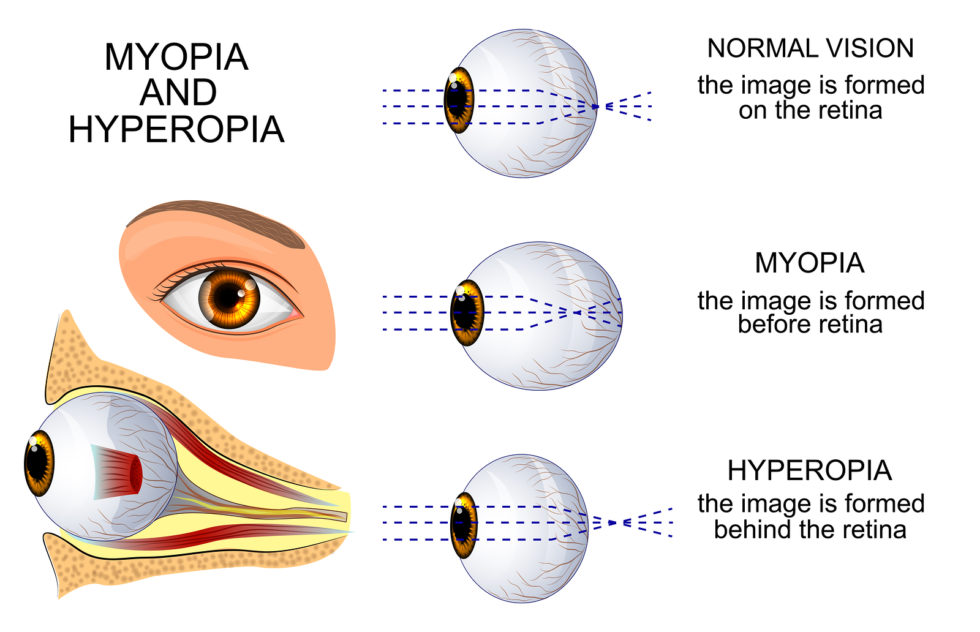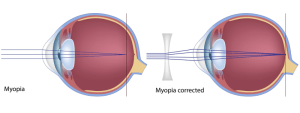Suite 309, 4 Columbia Court,
Norwest Business Park,
Baulkham Hills NSW 2153.
- Home
- About Us
- Services
- Comprehensive Eye Examination
- Refraction and Prescription
- Optical Dispensing
- Glasses
- Contact Lenses
- Myopia Control and Orthokeratology
- Children’s Vision Therapy and Orthoptics
- Vision Therapy & Rehabilitation
- Colour Vision (“Colour Blindness”) Assessment
- Macula Health Analysis
- Glaucoma Screening
- Keratoconus Screening
- Diabetes and Vision Care
- Driving Assessments & Vision Advice
- Laser Surgery Referrals
- Common Eye Conditions
- FAQ’s
- Latest News
- Resources
- Contact




